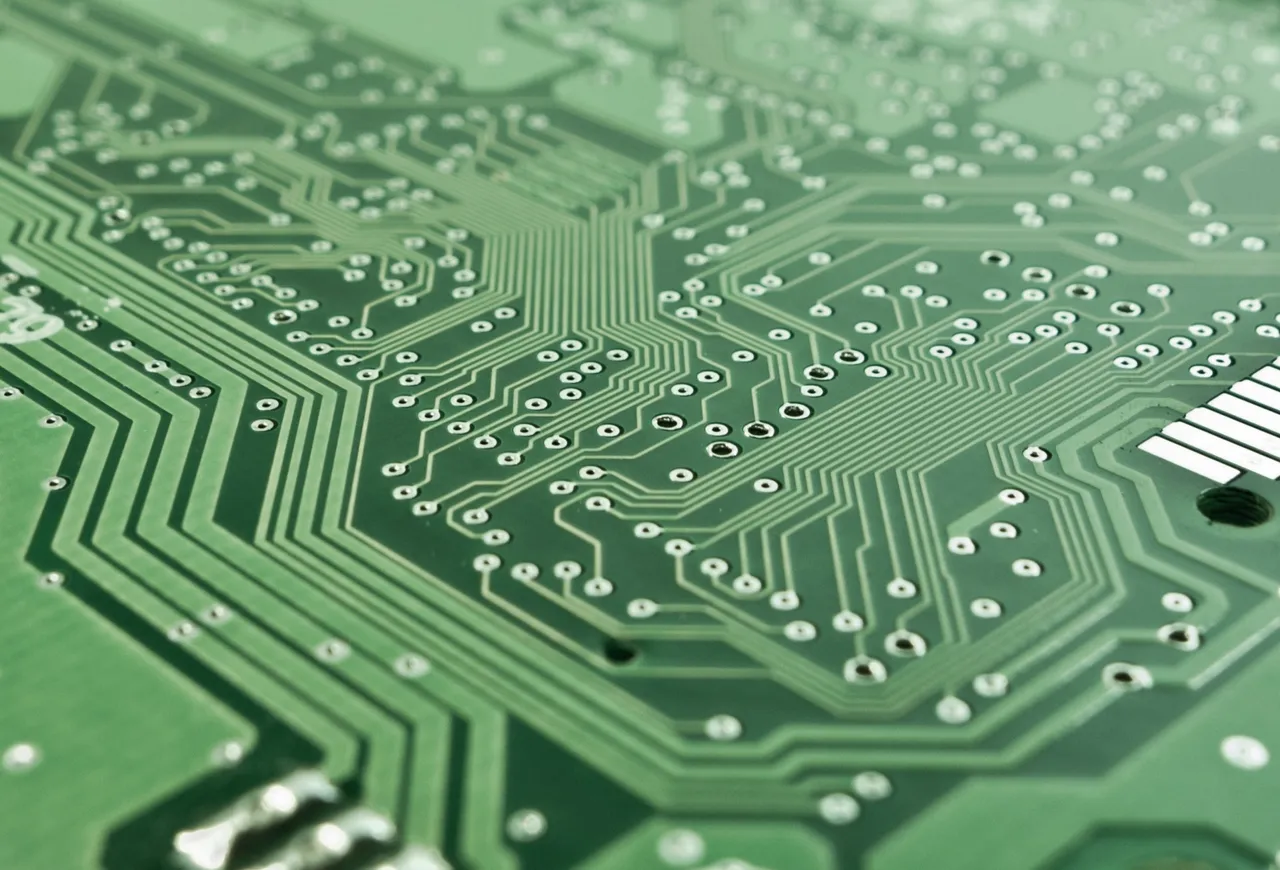Quantum computers are a type of computer that use quantum-mechanical phenomena, such as superposition and entanglement, to perform operations on data. They have the potential to solve certain problems much faster than classical computers, which are the types of computers we use every day.
Classical computers use bits to store and process information. A bit can be either a 0 or a 1, and all calculations are based on these two values. Quantum computers, on the other hand, use quantum bits, or qubits. Qubits can represent both 0 and 1 at the same time, a property known as superposition. This allows quantum computers to perform multiple calculations simultaneously, which can greatly speed up certain types of calculations.
Quantum computers also use a phenomenon called entanglement, in which two qubits become connected and can affect each other even when they are separated by large distances. This allows quantum computers to perform certain types of calculations much faster than classical computers, which cannot take advantage of these quantum effects.
Quantum computers are still in the early stages of development and are not yet widely available. They are also very expensive and require specialized equipment to operate. However, they have the potential to revolutionize many fields, including cryptography, drug discovery, and machine learning.
